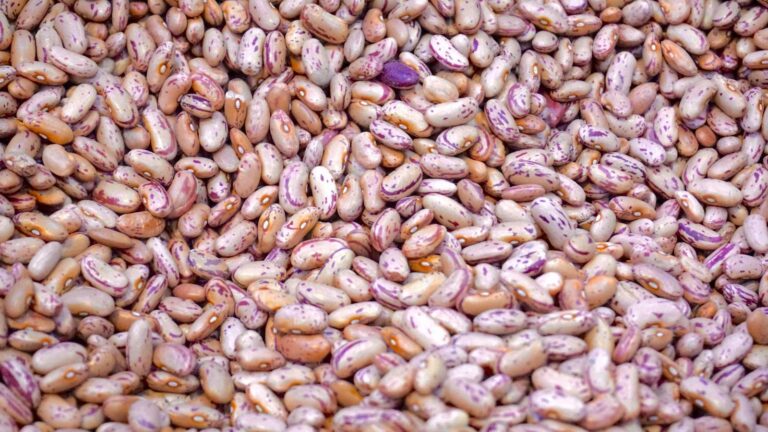Definition
The organic products are produced without the use of synthetic pesticides, fertilizers, or genetically modified organisms—they follow rules that respect the environment and health.
How do they differ from conventional
Unlike conventional, organics prohibit synthetic chemicals and ensure a natural environment, a richer soil microbiome, and a cleaner composition.
Legislation and certification
In Greece and the EU, organic production is governed by strict criteria and controls.
Food production, processing and standardization standards apply.
Certificates
The main seals are:
- BIO-HELLAS (Greek)
- DIO (Greek Ecological AGRICULTURAL Production Network)
- EU Organic Logo – EU certification
2. Why choose organic products
Reducing exposure to pesticides
Research shows that common pesticides can have harmful effects.
Organic products expose the consumer to much lower levels of chemicals.
Better quality & nutritional value
Some studies report higher levels of antioxidants and vitamins in organic produce such as fruits and vegetables.
Ecological awareness
Organic farming enhances soil health, saves water and reduces the carbon footprint.
Support for small producers
By purchasing organic products, we strengthen the sustainability of the local farming community.
3. Organic products for children and pregnant women
Is it safer?
Many parents wonder whether organic products are necessary for children and pregnant women.
Organic fruits, vegetables, and grains are often lower in pesticide residues.
Points of attention
Organic baby foods should be checked for sugar, salt or preservatives.
Role in infant nutrition
Organic fruits and vegetables offer a clean source of vitamins, while cereals provide fiber safely.
What does “certified” mean?
The indication means that the product meets production standards and has been tested by a recognized body.
4. Popular organic product categories
Fruits and vegetables
They are the most common organic products on the shelves.
Cereals, legumes and pasta
Organic rice, brown flour, lentils — ingredients for basic meals.
Honey and spreads
Organic honey comes from apiaries under controlled conditions.
Dairy & eggs
Organic eggs and milk have fewer pesticides or antibiotics.
Meat & cold cuts
Organic chicken, free-range beef, and organic deli options offer strict nutritional provenance.
Superfoods & snacks
Organic berries, seeds, superfoods and organic supplements.
Cosmetics & cleaners
Many consumers are looking for organic shampoos and soaps — safe for skin & the environment.
5. Where can I find organic products?
Physical stores
Specialty stores and farmers' markets, such as Bakalokarpos Grocery — often with local produce.
Supermarket
Large chains have organic shelves with certified products.
Online
Organic food e-shops offer availability and price comparisons.
Producer markets
Direct purchase from producers, lower cost and quality guarantee.
6. How much do they cost and why are they more expensive?
Cost factors
Organic farming requires more work for control, crop rotation, and physical protection.
Cost-benefit assessment
The differential price is offset by less exposure to chemicals and greater nutritional value.
7. Frequently asked questions
What are the best organic products?
Fruits, vegetables, eggs, and legumes are usually more beneficial in the daily diet.
Are organic products healthier than conventional ones?
Yes, mainly due to the lack of use of synthetic drugs and fertilizers, but also because they are in more nutritious positions on the table.
Which ones have sugar?
Some organic foods come with added sugar — always read the nutrition label.
Are there options for diabetics or vegans?
Yes, there are diabetic-friendly options with a low glycemic index, and all vegan options are covered.
Conclusion
The choice organic products It means caring for our health and the environment.
It's about the substance behind the label — quality, safety and sustainability.
The important thing is to shop responsibly: choosing authentic certifications and gradually incorporating products into our budget.
Organic foods deserve a place in our daily healthy and comprehensive diet.
See our Organic Products
-
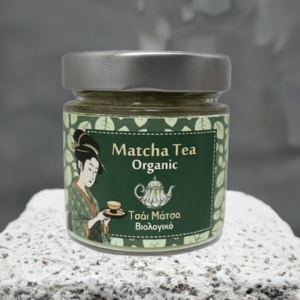 Organic Matcha Tea7.10€
Organic Matcha Tea7.10€ -
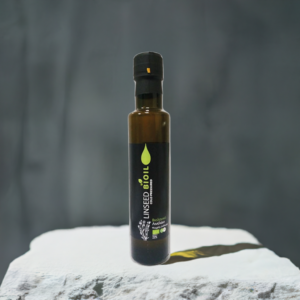 Cold pressed organic linseed oil6.00€
Cold pressed organic linseed oil6.00€ -
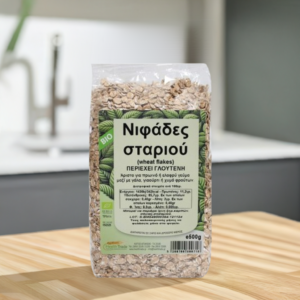 Organic Wheat Flakes2.00€
Organic Wheat Flakes2.00€ -
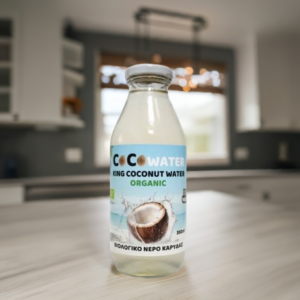 Organic Coconut Water2.50€
Organic Coconut Water2.50€ -
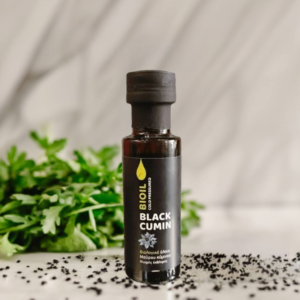 Organic Cold Pressed Black Cumin Oil12.10€
Organic Cold Pressed Black Cumin Oil12.10€ -
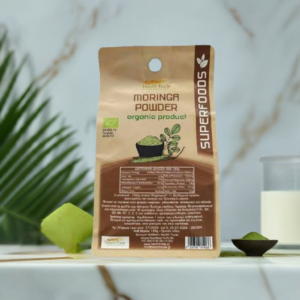 Organic Moringa Powder6.50€
Organic Moringa Powder6.50€ -
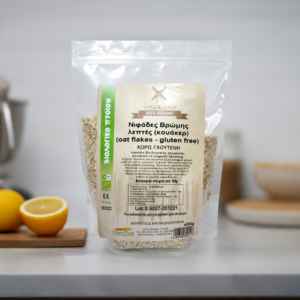 Organic Gluten Free Oatmeal3.70€
Organic Gluten Free Oatmeal3.70€ -
 Whole cumin1.80€
Whole cumin1.80€ -
 Organic Ginkgo Biloba2.00€
Organic Ginkgo Biloba2.00€ -
 Organic Eucalyptus Leaves2.00€
Organic Eucalyptus Leaves2.00€ -
 Extra Virgin Coconut oil1.50€
Extra Virgin Coconut oil1.50€ -
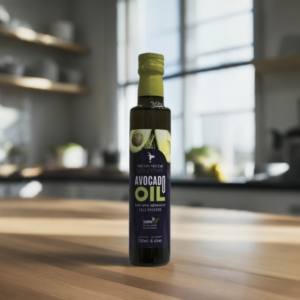 Organic Avocado Oil10.00€
Organic Avocado Oil10.00€

